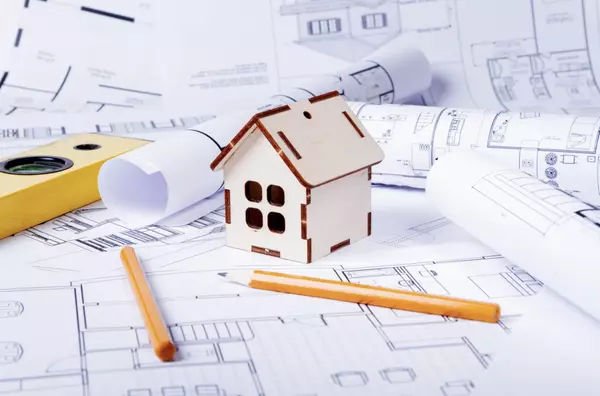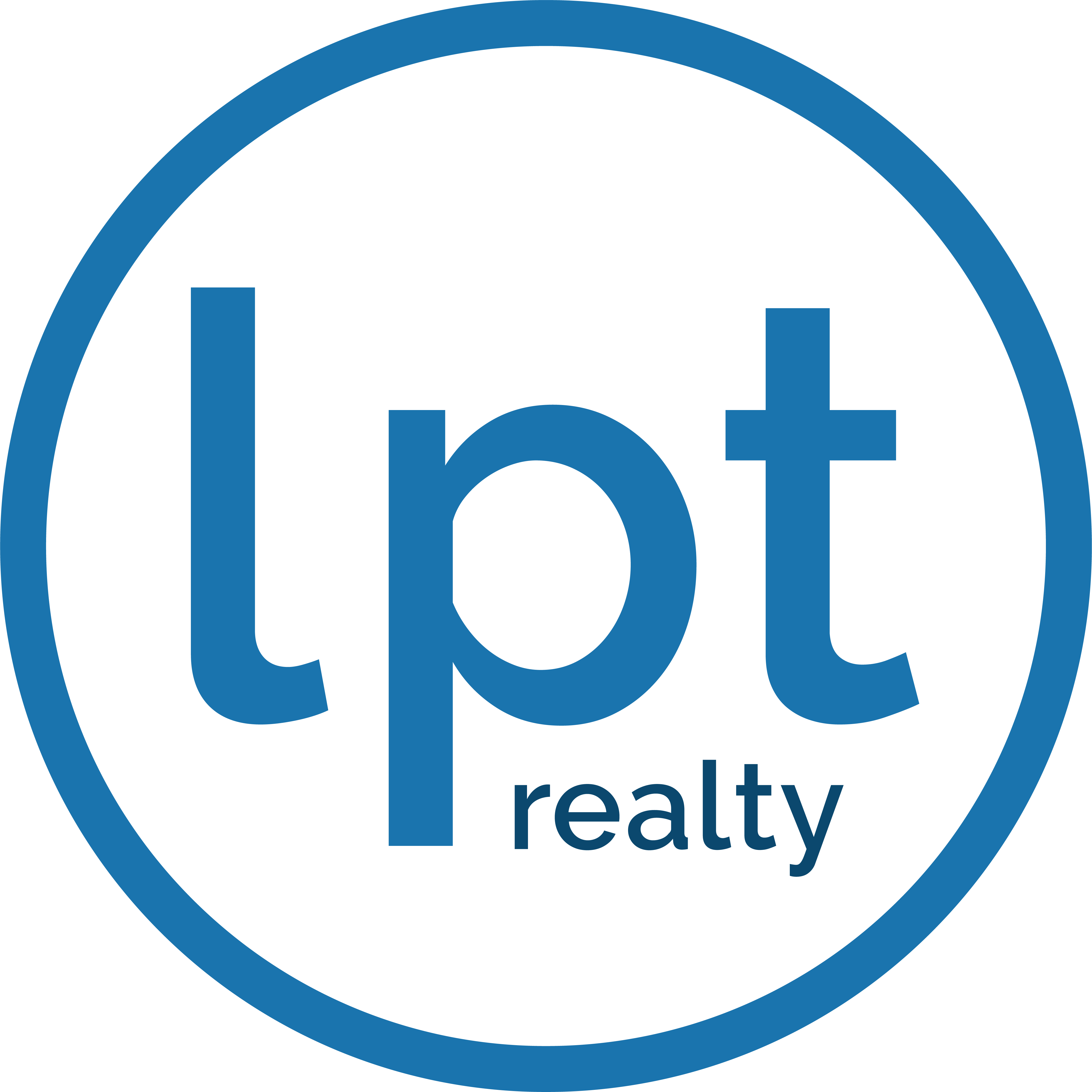
Contingencies That Help Buyers Get The Best Deal
Contingencies That Help Buyers Get The Best DealWhen it comes to purchasing real estate, buyers often want to secure the best terms and conditions possible. Fortunately, there are several contingencies that buyers can use to their advantage, enabling them to negotiate and ensure they are getting the best deal. In this blog post, we will explore some of the most common contingencies buyers use in real estate transactions.1. Financing Contingency:One of the most crucial contingencies for buyers is the financing contingency. This contingency allows buyers to back out of the deal if they are unable to secure a mortgage or loan to finance their purchase. By including this contingency, buyers can protect themselves from any unforeseen circumstances that may prevent them from obtaining the necessary funds. If the buyer is unable to secure financing within the specified timeframe, they can withdraw from the transaction without any financial penalties.2. Inspection Contingency:Another important contingency is the inspection contingency, which allows buyers to have the property inspected by a professional. This contingency gives the buyer the opportunity to identify any potential issues or defects that may not be apparent during the initial viewing. If significant problems are found during the inspection, the buyer can either request repairs or negotiate a lower price based on the estimated cost of the repairs. If the seller is unwilling to address the issues, the buyer can choose to walk away from the deal.3. Appraisal Contingency:An appraisal contingency protects the buyer by ensuring that the property is valued at or above the agreed-upon purchase price. If the appraisal comes in lower than the purchase price, the buyer can request a price reduction or renegotiate with the seller. If an agreement cannot be reached, the buyer can cancel the contract without any financial consequences. This contingency is essential for buyers as it prevents them from overpaying for a property that is not worth the agreed-upon price.4. Title Contingency:A title contingency protects the buyer by ensuring that the property they are purchasing has a clear and marketable title. This contingency allows the buyer to review the title report and address any issues, such as liens or judgments, before proceeding with the purchase. If any unresolved title issues arise, the buyer can request the seller to resolve them or choose to terminate the contract. This contingency is crucial as it ensures that the buyer will not inherit any legal or financial complications associated with the property.5. Home Sale Contingency:Buyers who currently own a home but need to sell it in order to finance their new purchase often include a home sale contingency in their offer. This contingency allows the buyer to proceed with the transaction if and only when their current home is sold. If the buyer is unable to sell their current property within the specified timeframe, they can cancel the contract without any penalties. This contingency provides buyers with peace of mind and prevents them from being stuck with two mortgages.In conclusion, contingencies play a vital role in helping buyers secure the best terms and conditions when purchasing real estate. The financing, inspection, appraisal, title, and home sale contingencies mentioned above are just a few examples of the contingencies buyers commonly utilize. By including these contingencies in their offer, buyers can protect themselves from unforeseen circumstances and negotiate the best possible deal. When entering into a real estate transaction, it is essential for buyers to work closely with their real estate agent or attorney to ensure the appropriate contingencies are included and properly executed.

New Construction Vs. Resale
When it comes to buying a home, one of the first decisions you'll need to make is whether to go for new construction or a resale property. Both options have their own unique advantages and drawbacks, so it's important to weigh them carefully before making a decision. In this blog post, we'll explore the various factors that buyers should consider when deciding between new construction and resale homes.New Construction: Endless PossibilitiesOne of the biggest advantages of opting for new construction is the ability to customize your home to your liking. From picking out floor plans to selecting finishes, new construction offers endless possibilities for creating your dream home. Whether you've always dreamed of a spacious open concept kitchen or a luxurious master suite, new construction allows you to bring your vision to life.Additionally, new construction homes are built with the latest construction techniques and materials, ensuring greater energy efficiency and lower maintenance costs. Modern designs and layouts also often incorporate the latest technology, such as smart home features, making new construction homes more attractive to tech-savvy buyers.Time Frame and ConvenienceAnother aspect to consider when deciding between new construction and resale is the time frame for building. While buying a resale property typically means a quicker move-in date, new construction homes often require a longer waiting period. Depending on the stage of development, it can take several months or even years for a new construction home to be completed.However, this longer waiting period can also work to your advantage. It provides you with ample time to plan your move, sell your current property, and make other necessary arrangements. Moreover, many builders offer early purchase incentives or allow buyers to secure a home at a lower price, giving you a chance to save money in the long run.Exploring New Construction in CasperIf you're considering new construction in the Casper area, webuildcasper.com is an excellent resource to explore. This website showcases various new construction communities and homes available in the area, allowing you to browse through different floor plans, finishes, and neighborhoods. You can find detailed information about each property, including square footage, number of bedrooms, and amenities, helping you make an informed decision.Lifestyle ConsiderationsAside from the home itself, lifestyle plays a crucial role in deciding between new construction and resale properties. New construction communities often offer a range of amenities, such as parks, playgrounds, and community centers, creating a vibrant and connected neighborhood. These amenities can foster a sense of community, making it easier to meet your neighbors and build lasting friendships.On the other hand, resale properties are often located in established neighborhoods with mature trees and well-established community dynamics. If you prefer a more established and settled neighborhood, with less construction noise and activity, a resale property may be the better option for you.In ConclusionIn the end, the decision between new construction and resale homes depends on your personal preferences, lifestyle, and budget. If you value customization, energy efficiency, and being part of an evolving community, new construction may be the ideal choice for you. However, if you prioritize a quicker move-in time and prefer the charm of established neighborhoods, a resale property might be more suitable.Remember to consider factors such as the time frame for building, the ability to customize your home, and the amenities offered in different communities. By carefully evaluating these aspects, you'll be able to make an informed decision that aligns with your lifestyle and preferences. Happy house hunting!

Simplify Your Mortgage Lending Process
Are you considering buying a new home but feeling overwhelmed by the mortgage lending process? Don't worry, we've got you covered. In this blog post, we will simplify the mortgage lending process and provide you with all the information you need to navigate through it seamlessly. So let's dive in!One of the first things to consider when going through the mortgage lending process is the different types of mortgages available. There are various options to choose from, including fixed-rate mortgages, adjustable-rate mortgages, and government-insured mortgages. Each type has its own set of advantages and disadvantages, so it's important to do your research and determine which one best suits your needs.For first-time homebuyers, there are special programs designed to help make the process easier. These programs often offer lower down payment requirements and more flexible credit score requirements, making homeownership more accessible to those who may not have a substantial amount of savings or a perfect credit score. Be sure to explore these programs and see if you qualify for any of them.Another crucial aspect of the mortgage lending process is interest rates. Interest rates can significantly impact your monthly mortgage payments and the overall cost of your loan. It's essential to stay updated on current interest rates and compare offers from different lenders to ensure you're getting the best deal possible. Keep in mind that interest rates can fluctuate, so timing is crucial when locking in a rate.In addition to interest rates, it's important to consider loan origination costs. These costs include fees charged by the lender for processing your loan application. They typically include appraisal fees, credit report fees, and mortgage insurance fees. Before committing to a lender, make sure you fully understand the loan origination costs associated with their services.Your credit score plays a significant role in the mortgage lending process. Lenders use your credit score to assess your creditworthiness and determine the interest rate you will qualify for. It's essential to maintain a good credit score by paying your bills on time, keeping your credit utilization low, and resolving any outstanding debts. A higher credit score can result in better loan terms and lower interest rates, potentially saving you thousands of dollars over the life of your loan.In conclusion, while the mortgage lending process may seem daunting at first, it can be simplified with the right knowledge and preparation. Understanding the different mortgage types, exploring first-time homebuyer programs, monitoring interest rates, considering loan origination costs, and maintaining a good credit score are all essential steps in ensuring a smooth mortgage lending experience. By simplifying the process, you can focus on finding your dream home and making it a reality. Happy house hunting!

How To Get The Most Money When Selling Your Home
Selling your home can be a daunting task, but with the right strategies and a skilled realtor by your side, you can ensure that you get the most money possible for your property. In this blog, we will discuss the first steps to selling a home, what to expect when you interview a realtor to sell your home, and provide you with some valuable tips to maximize your home's selling potential.The first step in selling your home is to prepare it for the market. This involves decluttering, organizing, and staging your home to make it more appealing to potential buyers. Start by removing personal items and excessive furniture to create a clean and spacious environment. Consider making minor repairs and improvements to enhance your home's overall appeal. A fresh coat of paint or installing new fixtures can go a long way in making a great first impression on buyers.Once your home is ready, it's time to find a reputable realtor who will assist you throughout the selling process. When interviewing potential realtors, be sure to ask about their experience, track record, and marketing strategies. A good realtor will have extensive knowledge of the local market and will provide you with a comprehensive plan to sell your home at the best possible price. They will also help you determine an appropriate listing price based on comparable properties in your area.During the interview process, expect realtors to provide you with a comparative market analysis (CMA) for your home. This analysis will give you an estimate of your home's value based on recent sales of similar properties in your neighborhood. It's important to keep in mind that the CMA is just an estimate and the final selling price will ultimately be determined by market demand and negotiations between buyers and sellers.Once you have selected a realtor, they will handle all aspects of marketing your home and attracting potential buyers. This may include professional photography, creating virtual tours, listing your home on multiple online platforms, and hosting open houses. Your realtor will also assist in negotiating offers, ensuring that you get the best possible price for your home.To further maximize your home's selling potential, consider investing in some additional upgrades. While major renovations can be costly, small improvements can make a big impact. Focus on high-traffic areas such as the kitchen and bathrooms, updating fixtures, countertops, or repainting cabinets. Remember, the goal is to make your home stand out from the competition and appeal to a wide range of buyers.In conclusion, selling your home can be a complex process, but with the right guidance and preparation, you can maximize your profits. Start by properly preparing your home for sale, find an experienced realtor, and be prepared for a thorough interview process. With a skilled realtor by your side, you can navigate the selling process confidently and ensure that you get the most money when selling your home.
Categories

